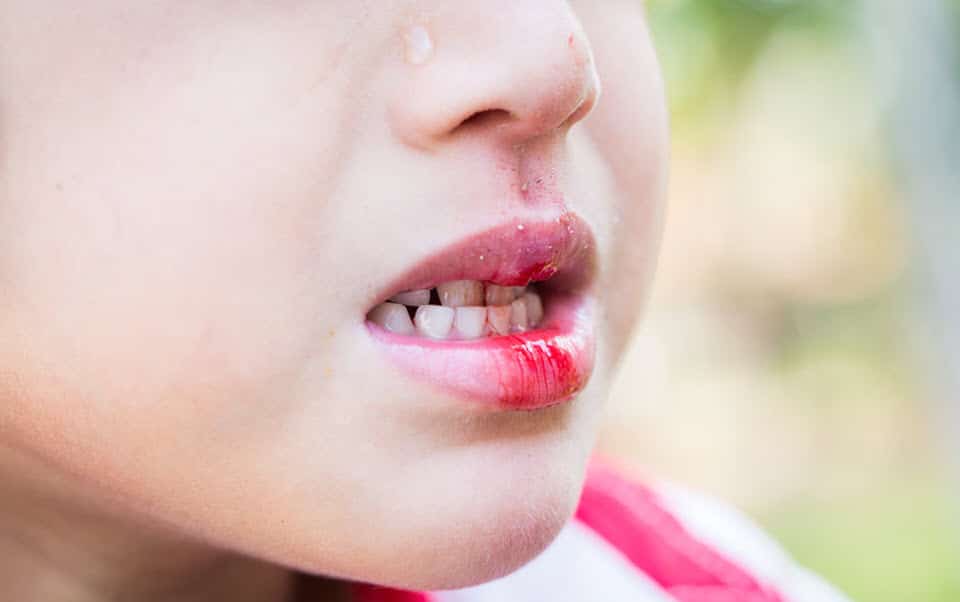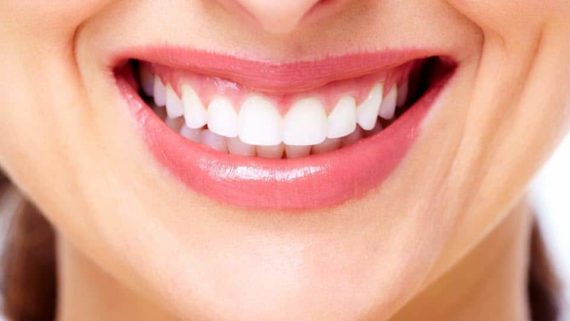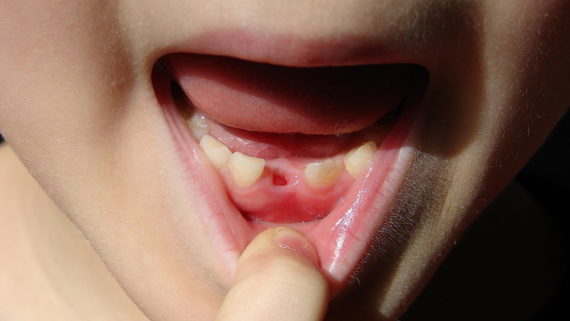A Go-to Guide for Dental Emergencies
A dental emergency can occur at any time. If, for example, your tooth has fallen out or you have been hit in the face, this is a serious dental crisis and you require examination by a restorative dentistry expert as soon as possible. Saving or losing a tooth will depend on how quickly you can visit the dentist for treatment.
How do you know if it’s a dental emergency?
Re-cementing a crown that isn’t causing pain or smoothing a chipped tooth are not dental emergencies. Normally, these dental problems can be dealt with during regular hours at our practice. If you aren’t certain whether you’re experiencing a dental emergency, asking the following questions can help:
- Is there unusual bleeding in your mouth?
- Are you experiencing severe pain?
- Has your mouth or face been hit?
- Have you any loose teeth?
- Do you have swelling in your facial area or in the mouth?
If your answer is yes to any of the questions above, you may be experiencing a dental emergency and should contact your dentist as soon as possible. It’s vital that you describe to the dentist exactly what you are feeling and how it happened.
Until you see your dentist, drinking a glass of ice water may help relieve the pain you are experiencing.
How to prepare for a dental emergency?
Since a dental emergency could occur at any place and time, the best thing you can do is to avoid panicking and be prepared. Your portable first aid kit should include the following:
- Name and contact information of your dentist
- Small container with a lid
- Clean handkerchief
- Gauze
- Over the counter pain relief, such as Panadol (not aspirin)
Common Dental Emergencies and How to Handle Them
Knocked-out Tooth
If your tooth is knocked out, then you need give it urgent attention. By following these steps immediately after your tooth is knocked out, you will have a greater chance of reinserting and saving it:
- Pick up your knocked-out tooth by the crown (top); make sure you don’t touch the root.
- Clean the tooth briefly (10 seconds) and gently with water. Don’t scrub the tooth or remove any tissue fixed to it. Place a washcloth or towel in the sink to prevent the tooth from going down the drain.
- If you’re able, gently place your tooth back in its socket. Hold it lightly in place while you try to bite down.
- If you can’t place your tooth back, put it in a cup or small container with milk, or saliva (not water).
- Contact your dentist as soon as possible, as it’s crucial for saving your knocked-out tooth. The longer it takes to reimplant your tooth, the less chance you have of saving it.
Loose or Misaligned Tooth
A tooth that is loose or out of its usual alignment calls for an emergency appointment at your dentist straight away. Until you can get to your dentist, follow these instructions:
- Try to put your tooth back into its original position using your finger with light pressure. Don’t try to force your tooth in place.
- If you’re able to put it back to its position, bite down on it to keep the tooth from moving.
Chipped or Fractured Tooth
If your tooth is chipped but you don’t feel any pain, this usually means that it’s not a dental emergency. However, it’s important that you chew carefully to avoid causing more damage to the tooth. Your dentist can sometimes simply smooth the chip out or may add a composite filling material to repair it.
A fractured tooth, on the other hand, is a serious dental emergency. This suggests that the damage has affected not only the outside but also the inside of your tooth. Serious fractures can be so severe that even the dentist can’t save your tooth.
If you are suffering a fractured tooth, contact your dentist immediately and follow these steps:
- Clean your mouth gently by rinsing it thoroughly with warm water.
- If the fracture is due to a facial trauma, apply a cold compress on the affected area to reduce the swelling.
- Take panadol (not aspirin) to alleviate the pain.
- Don’t apply a painkiller to your gums as it can burn the gum tissue.
Tissue Injury and Facial Pain
Any injury in the mouth such as lacerations and puncture wounds are tissue injuries and are definitely a dental emergency. If you are experiencing any tissue injury:
- Make sure to clean the affected area immediately using warm water.
- If the bleeding is coming from your tongue, gently pull your tongue forward and add pressure to the wound using a piece of gauze.
- Take Panadol as directed on the label to alleviate facial pain.
- Go to a nearby dentist or hospital emergency room as soon as possible.
How to Avoid a Dental Emergency
You can avoid many dental emergencies by visiting the dentist for routine check-ups to ensure optimum oral health. Here at Apple Dental, you can ask a dentist online about preventative dental care in order to protect yourself from future oral health problems.
When you come to our practice for an examination, our caring dentists will check if you have any oral health issues present to resolve, and they can take steps with you to perform the optimum treatment, talk with you about what you can do to care for your own dental health, and advise you on ways to prevent or respond to any serious dental emergencies that could occur.
Basically, any dental issue which requires urgent treatment to stop tissue bleeding, alleviate severe pain, or save a tooth is a dental emergency. Contact Apple Dental now to know what precautionary measures you can take to avoid dental emergencies in the future.











Comments
No comment yet.